Few digital activities walk the tightrope between entertainment and risk quite like online gambling. With the global online gambling market continuing to expand—driven by increased access, mobile gaming, and aggressive marketing—millions of users regularly open (and close) online casino tabs. Yet, the moment after closing that window is rarely discussed, despite being a crucial opportunity for self-reflection. Taking stock in these quiet interludes can make the difference between healthy engagement and slipping into problematic patterns.
Understanding the Impulse: What Closing the Tab Means
Closing an online casino tab is not just a technical act; it’s a personal signal, often laden with emotion and circumstance. For some, it’s relief after a lucky streak or a narrow loss. For others, it may be frustration, guilt, or simply routine. Behavioral psychologists note that elevated emotions—whether positive or negative—can cloud judgment, making honest self-inquiry more difficult but also more important at this juncture.
Real-world studies on gambling behaviors suggest these transitional moments are when individuals are most susceptible to both habit formation and cognitive distortion. According to the National Council on Problem Gambling, periods immediately following gambling sessions are “prime for rationalization or denial, yet are also key windows for checking in with oneself.”
“Pausing after an online gambling session isn’t about shaming yourself—it’s about staying anchored in reality, especially in a space designed to maximize excitement and minimize friction,” notes Dr. Allison Redding, a clinical psychologist specializing in addictive behaviors.
The Best Questions to Ask Yourself After Closing an Online Casino Tab
1. What Was My Primary Motivation for Gambling Just Now?
Discerning motivation is central to understanding one’s relationship with gambling. Many people play online casino games for fun or relaxation. Others may be seeking distraction from stress, or even attempting to recoup previous losses. By asking, “What was I hoping to get out of this session?” users can distinguish between entertainment and potential signs of problematic gambling behavior.
Real-World Example
Consider a regular player who opens a slot machine game at midnight. They realize afterward that they weren’t seeking entertainment but were actually stressed about work. This self-awareness becomes an early warning sign, highlighting a need to find healthier coping mechanisms.
2. How Much Time and Money Did I Actually Spend?
There can be a gulf between perception and reality when it comes to spending—particularly online, where digital chips and credits often don’t feel “real.” Many platforms allow users to review session histories; using this feature is critical for honest accounting.
Self-Audit Checklist:
- Did I stick to my pre-set budget or limits?
- Was my time spent more or less than planned?
- Did I keep track of wins and losses, or only focus on outcomes?
Industry surveys indicate that players often underestimate both duration and money spent during gambling sessions. Routine self-checks help bridge this gap and make patterns visible over time.
3. Did I Experience Any Strong Emotions or Urges?
Online casinos are expertly engineered to evoke excitement. But feelings of frustration after losing, or exhilaration after a big win, can be red flags if they drive chase behaviors.
Consider:
- Was I calm and in control the entire session?
- Did I feel compelled to keep playing, even when I wanted to stop?
- Were there moments where I ignored warning signs or personal rules?
Psychologists stress that emotional spikes—especially recurring ones—merit special attention, as they often precede risky decisions.
4. Am I Being Honest With Myself (and Others) About My Play?
Secrecy or minimization frequently accompany gambling problems. Honest reflections might include questions like:
- Would I feel embarrassed if someone saw my session history?
- Did I try to hide or downplay my activity?
- Have I found myself making excuses for how much or how often I play?
A candid self-assessment addresses denial and opens the door for proactive change.
Moving Beyond the Tab: Next Steps and Growth
Understanding Triggers and Patterns
Identifying triggers—such as boredom, stress, or even marketing emails—can reveal important patterns. Gambling studies document that many lapses into excessive play follow recognizable emotional or environmental cues.
Tools like journals, budgeting apps, or responsible gambling features (e.g., deposit limits and self-exclusion) can help keep impulses in check.
When to Seek Support
Not everyone who gambles online develops a problem. However, persistent unease after sessions, repeated violations of self-imposed rules, or increasing isolation may signal a deeper issue. Leading organizations recommend connecting with support groups, mental health professionals, or using helplines early rather than waiting for distress to accumulate.
Setting Practical Boundaries for Future Sessions
Many experienced gamblers recommend concrete boundaries not only for money, but also for the type of games played and the time of day. For instance, restricting casino play to certain evenings or using objective reminders (such as alarms or browser extensions) can reduce unconscious overuse.
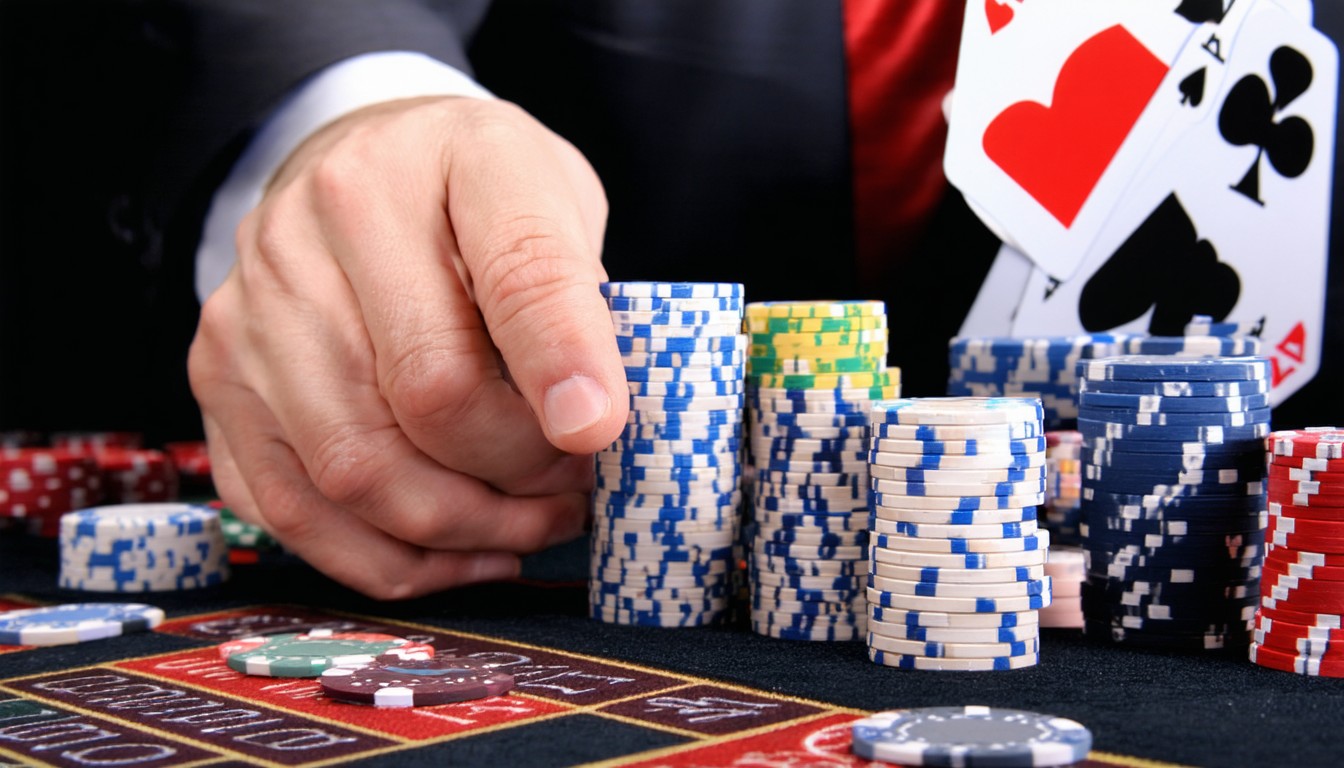
The Environment: Why Online Casinos Make Reflection Difficult
The design of online gambling platforms—instant deposits, free spins, immersive graphics—deliberately minimizes friction and amplifies engagement. For many, the removal of external cues (like the closing of a physical venue) blurs boundaries. This places the burden of discipline firmly on the individual, making self-questioning even more vital.
Global trends demonstrate that features like autoplay, rapid re-betting, and “near-miss” animations can stoke urges to keep playing. Regulatory bodies are increasingly scrutinizing these mechanics, but players still benefit most from conscious self-regulation.
Expert Insights on Developing Self-Awareness
Reflective questioning is not unique to gambling. Across a wide spectrum of behavior change science, the power of “pause and ask” moments is well documented.
“Sustained behavior change almost always begins with self-reflection, not rule-following. The right question, asked at the right moment, can disrupt even deeply ingrained habits.”
— Dr. Brian Chen, Behavioral Science Researcher
By institutionalizing these reflective checkpoints, individuals empower themselves against an environment engineered for compulsion.
Conclusion: Building a Healthy Relationship with Online Gambling
Regular self-inquiry after online casino sessions is both a practical tool and a safeguard. By interrogating our motivations, tracking our behaviors, and being honest about the impact, we create space for more intentional choices. In a digital landscape designed for seamless re-entry and prolonged engagement, the simple act of asking thoughtful questions is a powerful countermeasure—one that can preserve both enjoyment and wellbeing.
FAQs
What are early signs of online gambling becoming a problem?
Early signs often include hiding the extent of one’s play, frequent attempts to recoup losses, breaking personal limits, or feeling irritable when unable to gamble. Noticing these patterns is a cue to reassess and possibly seek guidance.
How can I keep better track of time and money spent while playing?
Using session tracking tools, setting alarms, and reviewing account history can offer objective records. Many reputable online casinos also offer built-in limit-setting features to help manage engagement.
Why do emotions run high after closing a casino tab?
Online gambling platforms are designed to evoke strong emotional responses. Wins and losses, combined with immersive sounds and visuals, can create emotional highs and lows that linger after playing.
Is it normal to feel guilty after gambling online?
Feelings of guilt are not uncommon, especially if spending or time exceeded what was planned. This emotion can serve as a helpful prompt for reflection and future boundary-setting.
Are there tools or resources to help control online gambling?
Yes, numerous tools exist—ranging from deposit and time limits to self-exclusion programs and support helplines. Many advocacy organizations and casino platforms offer resources to help players make informed choices.
When should I consider reaching out for professional help?
If gambling begins to interfere with work, relationships, mental health, or financial stability, or if it feels difficult to stop without outside support, consultation with a mental health professional or counselor is recommended.



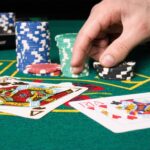
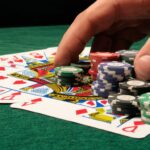
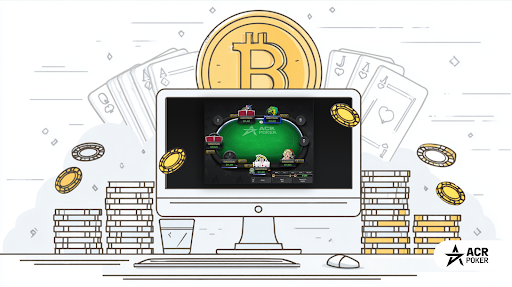



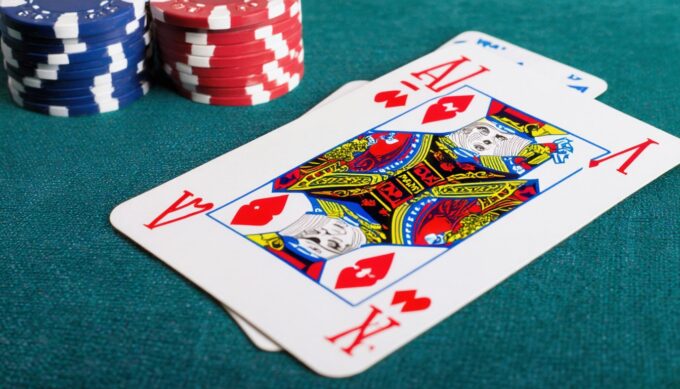
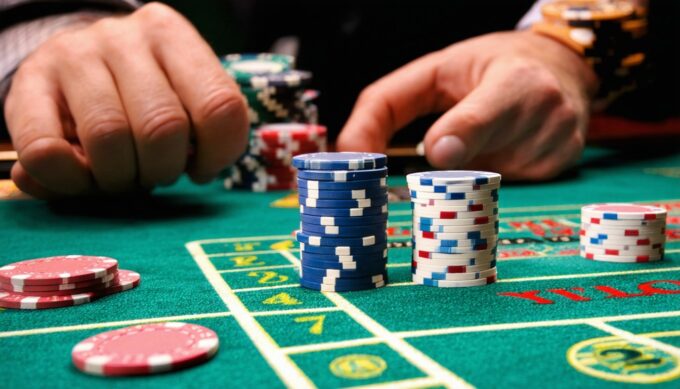
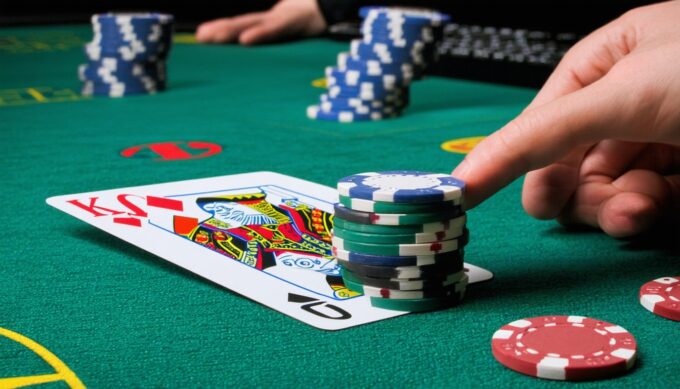

Leave a comment